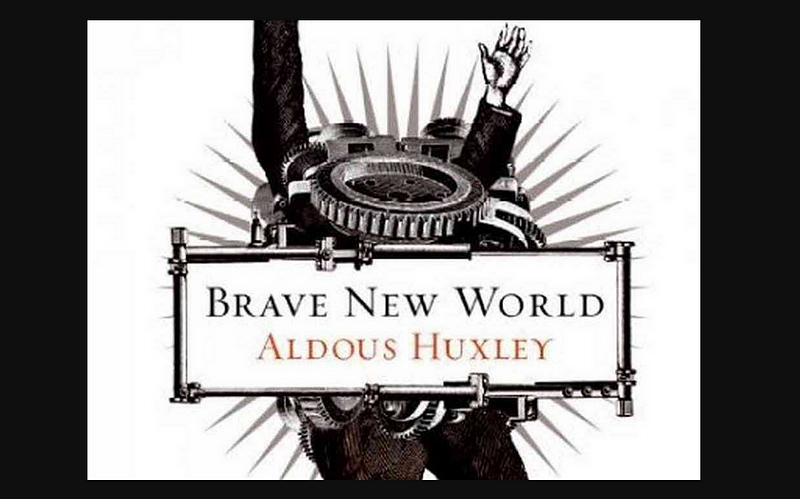Exploring Technology's Role in Shaping Society and Identity
Written on
Chapter 1: The Influence of Technology on Society
In Aldous Huxley’s 1932 novel "Brave New World," the author examines how technology can shape human values and social structures. The narrative presents a dystopian future where individuals are artificially conceived and raised in hatcheries. These individuals are conditioned from birth to become compliant, consumer-driven members of society. The use of technology here is portrayed as a mechanism for societal control, prompting some critics to draw parallels to contemporary society, where technology can similarly manipulate and dictate behavior.
The depiction of technology in Huxley's work serves dual purposes. Firstly, it illustrates a constructed society devoid of natural human birth. Secondly, it highlights the conditioning of children, ensuring their alignment with societal expectations from the outset. Although we may not experience life in "hatcheries," the themes explored in this book resonate alarmingly well with our current, interconnected global environment.
Various analytical lenses—such as History, Humanities, Social Sciences, and Natural Sciences—offer different perspectives on the relationship between technology and society. The humanities lens is particularly insightful, focusing on how technology influences individual well-being and societal values. This philosophical approach raises essential questions about human identity and the essence of being human.
Section 1.1: Understanding Identity Through Technology
Identity encompasses the traits that make an individual distinct, especially in relation to others. The societal impact on individual identity is significant, as socialization plays a critical role in shaping behavior within a community. Depending on cultural contexts, socialization can yield either positive or negative outcomes.
For instance, socialization often delineates gender roles, influencing the distribution of labor within families. Traditionally, men have been seen as the breadwinners, while women often undertake unpaid roles like caregiving and household management. Feminist critiques argue that this division is socially constructed and perpetuates male dominance, thereby sidelining women's contributions.
Technology also reshapes identity by altering communication methods and social structures. The rise of digital communication has diminished the prevalence of traditional letter writing, favoring quicker forms of interaction such as texting or instant messaging.
Subsection 1.1.1: Art as a Medium to Examine Technology

Art offers a distinctive perspective on the interplay between technology and society, inviting inquiries into the meaning of humanity and the role of technology in our daily lives. An example of this exploration is the work of artist Paul Hill, who utilized robots equipped with cameras to produce unique images. While these photographs lack the refinement of those taken by humans, they provide an unconventional glimpse into everyday life, portraying moments that often go unnoticed.
One striking example is Hill's photograph, "A Perfect Day" (2002), which depicts a woman in an ordinary living room setting wearing only underwear. This image challenges viewers' perceptions of identity by revealing alternative life experiences that are typically obscured from public view.
Chapter 2: Technology's Challenge to Human Relationships
A film that illustrates technology's impact on human identity through a humanities lens is Spike Jonze's "Her" (2013). The story unfolds in a near-future world where individuals form emotional and romantic bonds with intelligent machines, raising profound questions about love and identity in the age of technology.
The narrative of "Her" forces us to reconsider what it means to love a computer program and challenges the very definitions of humanity. This exploration is vital as it highlights the tensions and transformations within identity caused by technological advancements.
Reflecting on technology and society through the humanities lens enhances our understanding of what it means to be human. This awareness fosters empathy and helps us recognize our biases. As technology becomes increasingly ingrained in our lives, the importance of emotional intelligence and empathy grows, serving as essential tools for navigating our complex world.
For a deeper understanding, historical perspectives can also reshape our comprehension of contemporary issues.
If you found this exploration insightful, consider supporting my work and accessing unlimited articles on Medium for a nominal subscription fee.